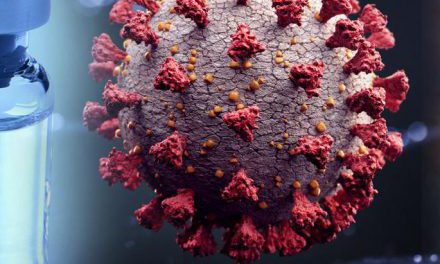A new investigational drug called lerodalcibep has shown promising results in lowering low-density lipoprotein (LDL) cholesterol, commonly known as “bad” cholesterol, by 50% or more, according to a year-long clinical trial.
Study Highlights
The study included participants who were unable to reduce their LDL cholesterol sufficiently using statins. Researchers observed that most individuals who received monthly injections of lerodalcibep were able to achieve a significant reduction in their LDL cholesterol levels, meeting the targets recommended by current guidelines.
Significant Findings
Published in JAMA Cardiology on July 3, the study suggests that lerodalcibep could be an effective treatment for people with existing cardiovascular disease or those at high or very high risk of developing such conditions. The trial involved 922 adults who were taking the highest dose of statins they could tolerate but still hadn’t reached the target LDL cholesterol levels.
Key findings include:
- 90% of participants who received lerodalcibep reduced their LDL cholesterol by 50% or more.
- On average, participants saw a 56% reduction in LDL cholesterol after 52 weeks, and a 69.5% reduction after 60 weeks.
- Reductions were also noted in apolipoprotein B, apolipoprotein(a), and triglycerides.
Comparison with Existing Treatments
Currently, about 10% of American adults have high cholesterol, but only half of those who could benefit from cholesterol-lowering medications are taking them, according to the Centers for Disease Control and Prevention (CDC). This increases their risk of major cardiovascular problems.
Medications for treating high cholesterol include statins and the newer PCSK9 inhibitors. The FDA approved two PCSK9 inhibitors, alirocumab (Praluent) and evolocumab (Repatha), in 2015. These drugs target a liver protein called proprotein convertase subtilisin kexin 9 (PCSK9), enhancing the liver’s ability to process cholesterol particles from the blood.
Expert Opinions
Dr. Yu-Ming Ni, a cardiologist and lipidologist at MemorialCare Heart and Vascular Institute, emphasized the effectiveness of PCSK9 inhibitors in significantly reducing cholesterol levels, often outperforming statins. He noted that lerodalcibep appears to lower LDL cholesterol similarly to existing PCSK9 inhibitors, although further long-term studies are necessary to confirm its impact on cardiovascular risk.
Dr. Jacqueline Hollywood, a cardiologist at Hackensack University Medical Center, highlighted the importance of reducing apolipoprotein B and lipoprotein(a) levels, both significant risk factors for cardiovascular disease, which lerodalcibep addresses.
Safety and Tolerability
The study found that lerodalcibep was generally well tolerated, with adverse events comparable to those of the placebo. The main side effect was reactions at the injection site, which were mild to moderate in severity and occurred more frequently in the lerodalcibep group (6.9%) compared to the placebo group (0.3%).
Future Implications
While the study presents promising evidence for lerodalcibep’s potential in treating cardiovascular disease, experts caution that larger, long-term studies are needed to confirm its benefits and safety. Dr. Ni emphasized the importance of continuing research to ensure the drug’s long-term efficacy and safety, given past surprises with other cholesterol-lowering drugs.
Dr. Hollywood noted the study’s limitation due to its relatively small sample size but acknowledged its diverse participant base, suggesting potential benefits across various populations, including those with atherosclerosis.
Takeaway
The study offers hope for a new treatment option for individuals struggling to manage their LDL cholesterol levels with statins alone. If approved, lerodalcibep could join the ranks of effective PCSK9 inhibitors, providing an additional tool in the fight against cardiovascular disease.












